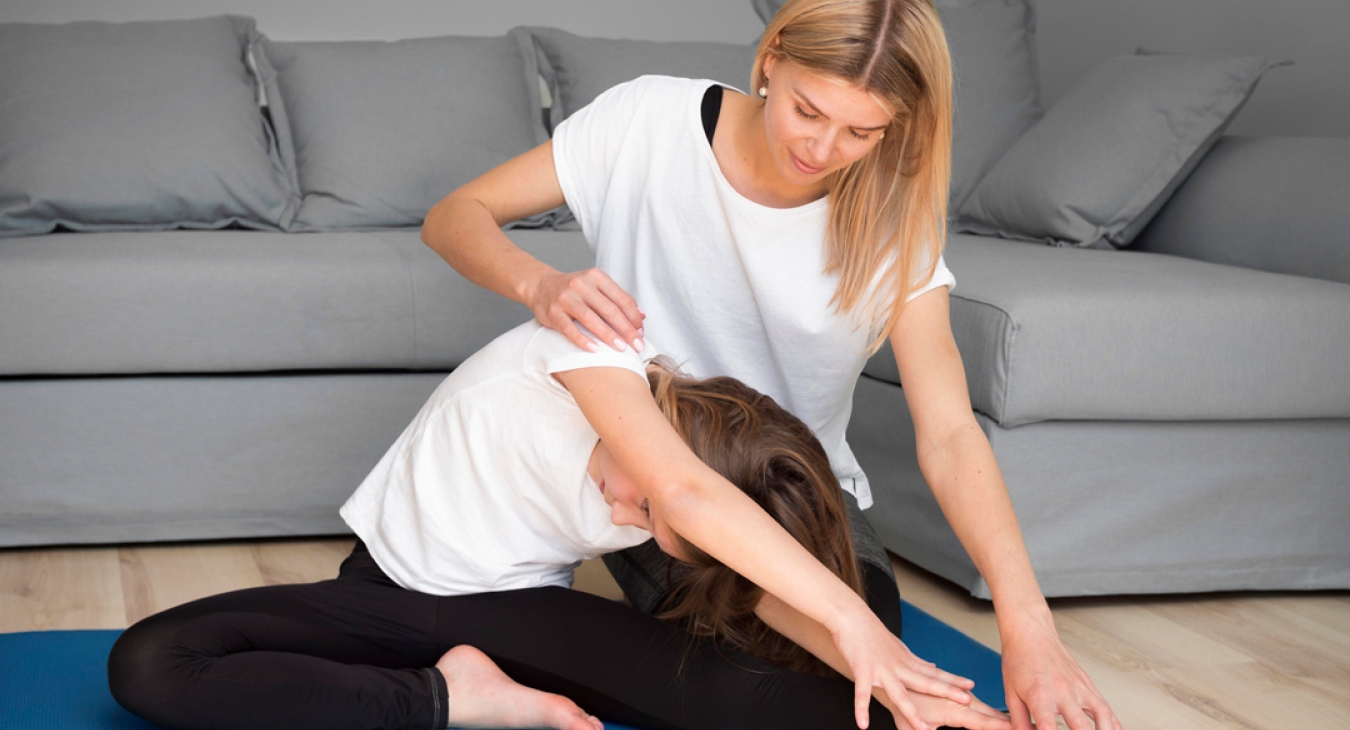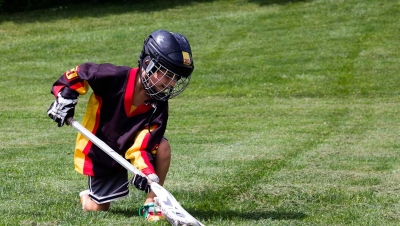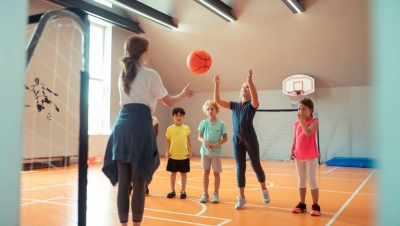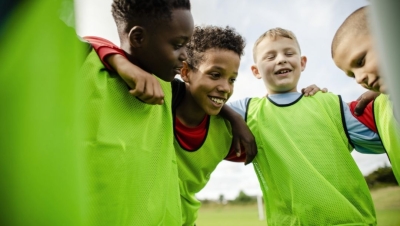Sports activities are fun, but if you aren't careful, you can increase your chances of getting injured. Although it's not possible to completely prevent all sports injuries, you can take a few steps to decrease your chances of getting injured while playing sports. Be mindful of what your body needs and follow the guidelines below:
-
Warm-up Your Body for Your Sport
Prepare your body before you start any sports activity. Health experts recommend a mix of both static and dynamic warm-up exercises that help increase blood flow to the muscles, thereby loosen the muscles, improve flexibility, and prepare your body for the sports activity.
Some static warm-up exercises where your body holds a position for a certain amount of time are toe touches and stretches. Some dynamic warm-up exercises where your body continues to move during stretching are jumping jacks, brisk walking, or jogging.
-
Use Proper Equipment
Make sure you are wearing the right protective equipment for your sports. The protective equipment you use depends on the sport you play. The protective gear helps you from getting hurt. For sports like football, baseball, biking, hockey, etc., it is imperative that you wear protective equipment like pads, shoes, and helmet. Some sports require eye protection, pads, mouthguards, elbow, wrist, and knee guards.
And don't forget your feet and legs that experience excessive strain and pressure while playing; wear copper compression socks. What are the benefits of copper socks? Wearing copper compression socks increases blood circulation, improves flexibility, and boosts performance.
-
Follow Proper Techniques and Rules
Every sport has a specific set of rules that are designed to keep people safe. It is extremely important for anyone who participates in any contact sport to follow these rules to avoid injuries while playing. Respect the rules and avoid playing sports with people who don't follow the rules.
Every sport is also guided by proper techniques. If you do not use the proper technique for your sport, injuries are more likely to happen. If you do not know the proper technique, consult your coach or training instructor.
-
Take Breaks
Many athletes believe that the more they train, the better they'll be at the sport. Practice does make one perfect, but if you fail to rest, you will overuse your muscles and joints, putting you at risk of sports injuries. That's why rest periods during sports activities are crucial to healing muscles. They make you stronger, reduce sports injuries, prevent fatigue, and poor judgment. Listen to your body and give it a break when it needs it.
Take a break when you feel fatigued. When muscles are tired, they are more likely to get injured.
If you feel pain, stop the activity right away.
-
Stop Playing When You're Injured
This is important. It may be tempting to get back in the game even after an injury. But it's a bad idea. Your injury has to heal completely to avoid future more complicated injuries, which can keep you away from your favorite sport for long.
Even if your injury doesn't hurt much, you can cause more harm if you push yourself too hard and do not allow your body a chance to completely recover from the injury.
So, if you are hurt, don't ignore the injury. Talk to your coach and get medical help. Follow the doctor's advice and return to practice or play only when the doctor approves it.



















